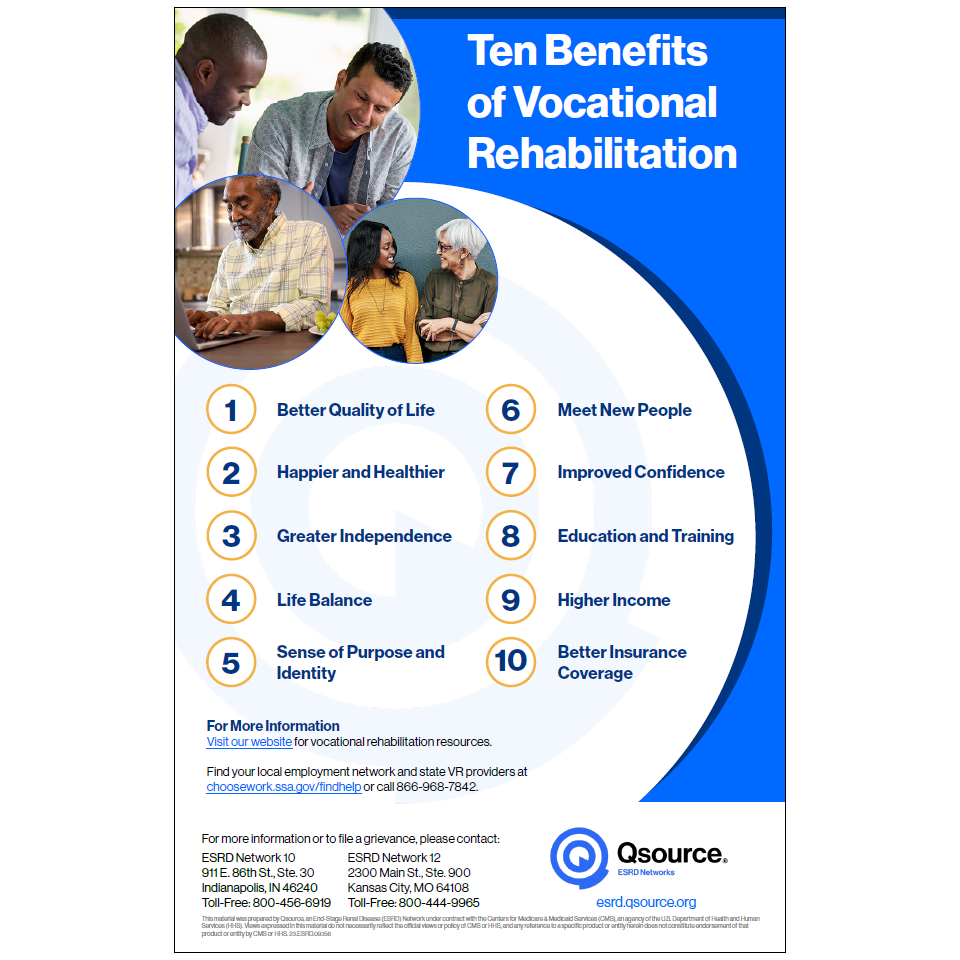The Definitive Guide for Narconon Africa
The Definitive Guide for Narconon Africa
Blog Article
Narconon Africa Can Be Fun For Anyone
Table of ContentsThe 45-Second Trick For Narconon AfricaNarconon Africa - An OverviewThe smart Trick of Narconon Africa That Nobody is Talking AboutThe Greatest Guide To Narconon AfricaNarconon Africa Can Be Fun For EveryoneThe 15-Second Trick For Narconon AfricaSome Known Questions About Narconon Africa.
In a collection of documents with Manudeep Bhuller and Katrine V. Lken, we get over these information difficulties and the nonrandomness of imprisonment, using brand-new insights right into just how incarceration impacts regression, work, youngsters, and criminal networks - Effective Alcoholic treatment. Figure 1 Our job researches the impacts of incarceration in Norway, a setting with 2 key advantagesWe can even more connect this details to other member of the family, including children and brother or sisters. Additionally, we know on co-offending that allows us to draw up criminal networks for observed criminal activities. Second, we can leverage the random assignment of criminal cases to judges who differ in their propensities to send defendants to prison.
But some judges send accuseds to jail at a high rate, while others are extra forgiving. We determine a judge's stringency as the average incarceration rate for all various other instances a court manages, after managing for court and year set impacts, which is the level of arbitrary task. This quasi-random assignment of judge stringency can be used as an instrument for imprisonment, as it strongly forecasts the court's decision in the present case, yet is uncorrelated with various other case attributes both deliberately and empirically.
The 7-Minute Rule for Narconon Africa
Characteristics of prisoners, consisting of demographics and criminal offense categories, are broadly comparable in Norway and other nations, consisting of the USA, with the exceptions that the United States homicide price is much higher, and race plays a bigger function there also. What stands apart as various, specifically compared to the USA, is the prison system.
Number 2In Norway, the typical time spent behind bars is a little over six months, which resembles most various other Western European countries. This contrasts with typical US jail time of virtually 3 years, which is in big component the factor the United States is an outlier in its incarceration price compared to the remainder of the globe [Figure 1]
Narconon Africa Fundamentals Explained
This offers much even more splitting up between small and solidified offenders than exists in the USA. There is no congestion in Norwegian jails and far better individual safety and security, with each detainee being designated to their own cell and a greater inmate-to-staff ratio than in the United States (https://www.gaiaonline.com/profiles/narcononza12/46705962/). Jails in Norway additionally use well-funded education, drug treatment, mental health and wellness, and task training programs
Our research study on the impacts of imprisonment on the offender, using the arbitrary assignment of courts as a tool, yields 3 vital findings. Initially, imprisonment inhibits further criminal behavior. We discover that incarceration lowers the probability that a person will certainly reoffend within five years by 27 portion points and lowers the equivalent number of criminal costs per person by 10 charges.
10 Easy Facts About Narconon Africa Explained
We find substantial reductions in reoffending chances and collective billed criminal activities also after accuseds are released from prison. Our 2nd outcome is that predisposition due to selection on unobservable specific qualities, if neglected, brings about the erroneous conclusion that time spent behind bars is criminogenic. If we simply compare criminal offenders sentenced versus those not sentenced, we discover favorable associations in between imprisonment and succeeding crime.
This stands in contrast to our analysis based upon the arbitrary assignment of judges, which locates an opposite-signed result. Third, the reduction in criminal activity is driven by individuals that were not working before imprisonment. Among these people, imprisonment increases engagement in programs guided at improving employability and lowering regression, and this ultimately elevates work and revenues while discouraging criminal behavior.

Jail time triggers a 34 percentage factor rise in participation in work training programs for the previously nonemployed, and within 5 years their work price rises by 40 percentage points. At the exact same time, the likelihood of reoffending within five years is cut by 46 percent points, and there is a decline of 22 in the ordinary variety of criminal fees.
Rumored Buzz on Narconon Africa

A possible explanation for the distinction is that Norway's jail system differs substantially, both in regards to prison-term size and jail conditions, from the United States prison system. While understanding the results of imprisonment on the offender is an essential initial step, recording spillover impacts is also crucial for assessing criminal justice plan and designing reliable jail systems.
The smart Trick of Narconon Africa That Nobody is Talking About

Normal least squares approximates reveal that children of incarcerated daddies are 1 percent point most likely to be billed with a crime, about a mean of 13 percent, and reveal no impact on institution qualities. Utilizing our judge stringency instrument, we discover no analytical evidence that a dad's imprisonment affects a kid's own criminal offense or institution grades, but we are unable to dismiss modest-sized results.
The Buzz on Narconon Africa
We define criminal groups based on network web links to previous criminal cases. When a criminal network member is incarcerated, their peers' possibility of being billed with a future crime lowers by 51 portion points over the next 4 years - https://www.awwwards.com/narcononza12/.
Report this page